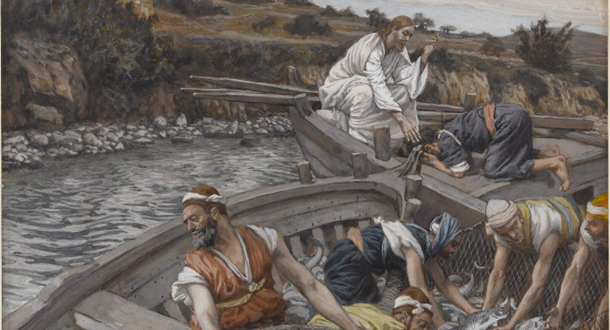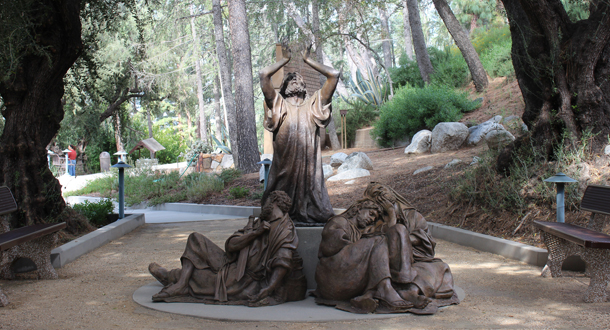Scripture:
1 Corinthians 4:6b-15
Luke 6:1-5
Reflection:

Paul warns his readers, and us, ‘not to be inflated with pride’. This specific warning might well be expanded into a broader warning not to be so taken by our opinion and perspective that we become blind to the larger truth.
That would seem to be an application of todays’ gospel text. The disciples are picking food to eat, a simple task, but one, if viewed through a narrow, literal interpretation of the Law was seen as ‘law breaking’. While some Pharisees see the actions of the disciples in this light, Jesus points out to them not just a parallel case that is not condemned, but opens their mind to a larger picture, to richer interpretations and newer possibilities.
Perhaps a parallel might help us. Early astronomers saw the solar system with the technology available to them (means we might now describe as primitive) and it led them to speculate accordingly. Today telescopes like the James Webb Space Telescope show us that what is beyond us is vaster than we have ever believed, and in fact promises to be even more mysterious.
Likewise, if one attempts to see life and fidelity to God by means of limited theories and dull imagination, then we will miss the vastness and opulence of Jesus vision. We are invited to see life, love, our future and God through the eyes and vision of Jesus.
Today Jesus makes a simple concluding statement to the Pharisees – ‘The Son of man is lord of the Sabbath’, but it places him and his vision of God above all else. The limits of the imagination and interpretation of the Pharisees is shaken by a new revelation, one which has the potential to reorder what had been accepted doctrine and to reorient their thinking and interpretation (if they choose to be open).
We may not all experience a call to be reformers (like St Gregory whose feast we celebrate today), but we are called to listen to the deep wisdom of Jesus and to the legacy of freedom he has revealed to us.
Fr. Denis Travers, C.P., is a member of Holy Spirit Province, Australia.







